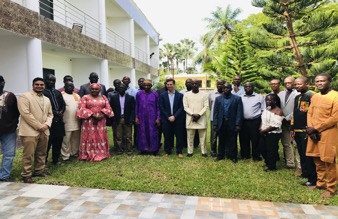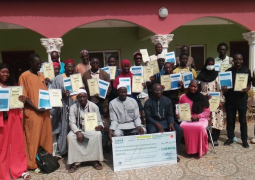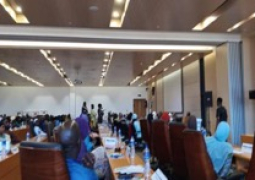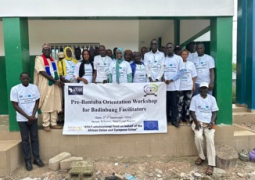
The project in essence seeks to develop an integrated policy strategy that results in a comprehensive legislative framework for energy-efficient air conditioners and refrigerators in The Gambia, thereby ultimately, reducing greenhouse gas (GHG) emissions.
Alagie Manjang, deputy permanent secretary at Ministry of Petroleum, said the Readiness Cooling Project acknowledged the increasing demand for electricity and despite the rising electricity demand, only 60% of The Gambian population have access to electricity.
"With increasing temperatures resulting from climate change and economic growth, urbanisation is widely expected to lead to a greater demand for cooling appliances. Any effort to limit access to cooling appliances would therefore likely create major productivity losses as well as adversely impact the provision of quality.” he flagged.
DPS Manjang spoke of his Ministry's commitment to strengthening capacities and improve understanding of technical and policy issues related to energy efficient appliances.
The training, he added, will ensure that the policy makers fully understand the context of policy measures for energy efficient air conditioners and refrigeration options and how they impact the environment. This, he believes, would better support the market transformation to energy-efficient products after the project has ended.
Patrick Blake, programme officer at the United Nations Environment Programme (UNEP), said energy efficiency does not only contribute to environmental issues, but result in financial savings which is the reason they support this sector.





